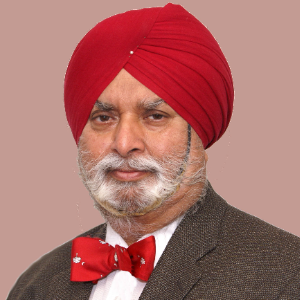Title : Cannabis/CBD for treating neurological disorders
Abstract:
Cannabis is the most used illegal drug in the world with an estimated 2.5% of the world’s population (180 million) using it regularly (World Drug Report 2017)1. Medicinal and/or recreational cannabis use is associated with significant health consequences) (WHO, 20162; Volkow et al.3), and cannabis use as medicine remains the subject of extensive reviews and debates around the globe. There is paucity of clinical evidence from placebo controlled, double-blind randomized clinical trials that would support the approval of the cannabis plant, whether smoked or as an extract as medicine by the FDA or other regulatory agency in any country. FDA has approved three cannabis compounds: (i) synthetic THC (dronabinol, Marinol) for treating chemotherapy-associated nausea & vomiting; (ii) a synthetic cannabinoid like THC (nabilone, Cesamet) to stimulate appetite in AIDS-wasting and for treating chemotherapy associated nausea and vomiting; and (iii) CBD (Epidiolex) for treating two rare conditions of epilepsy (LG-Dravet syndromes) in young children and a rare benign brain tumor. A combination of CBD and THC (nabiximols, Sativex) is approved for treating neuropathic pain in 20+ countries (but not in the USA). Neither FDA nor any other regulatory agency has approved cannabis, THC, CBD, nor any of the 125 identified cannabinoids for treating a wide range clinical indications including neurological disorders being promoted (Khalsa et al., 2018,3 Khalsa et al. 20234). The National Academy of Sciences (2017)5 and others recommend that additional research be conducted before any cannabinoid, but not smoked cannabis, can be used to treat any neurological disorder. This presentation will further show if current clinical evidence is adequate to support the use of cannabis, CBD, or any other cannabinoid to treat many clinical conditions including neurological disorders being promoted. If time permits, Dr. Khalsa will also discuss the various mechanisms of funding at NIH.




